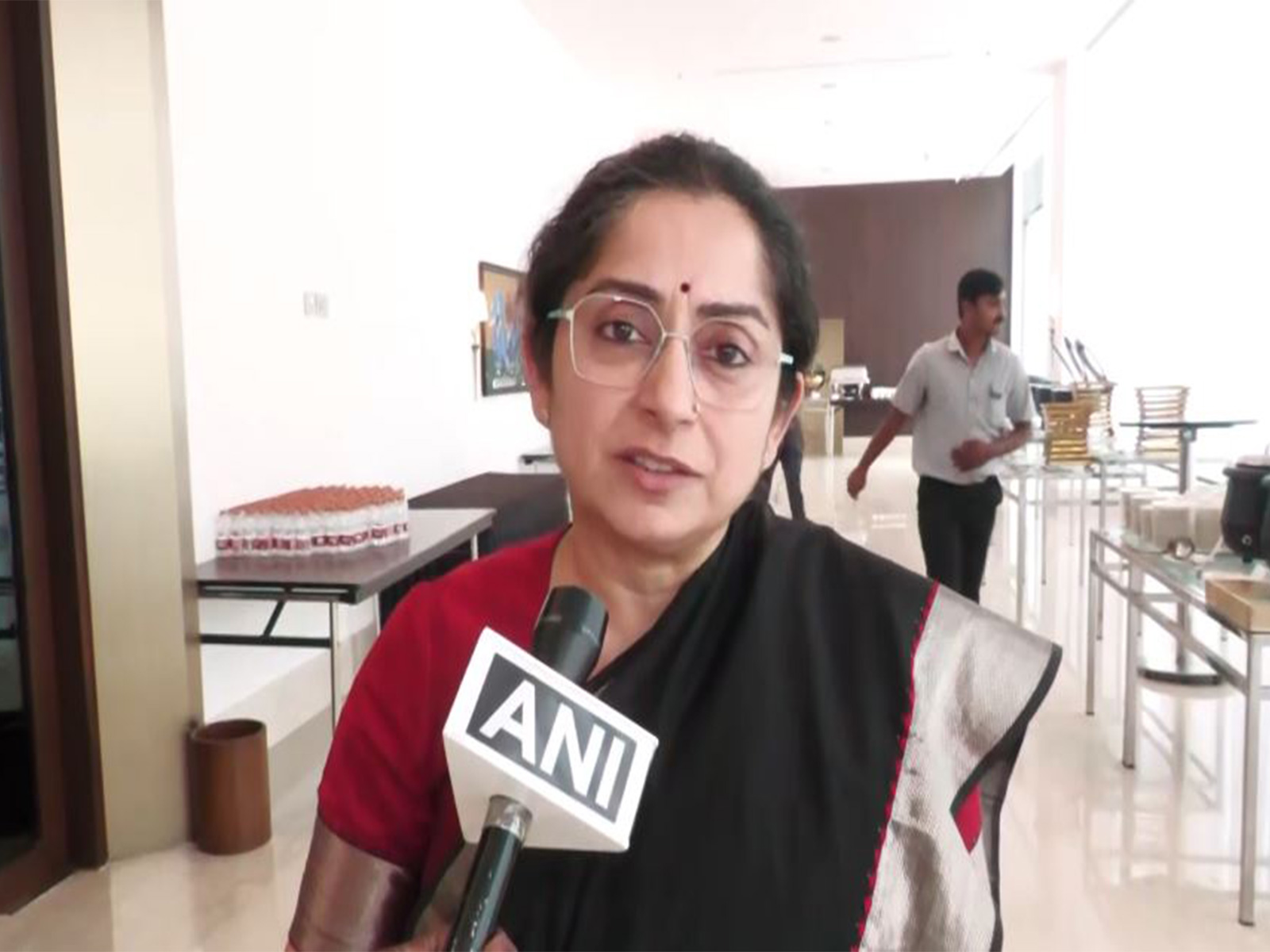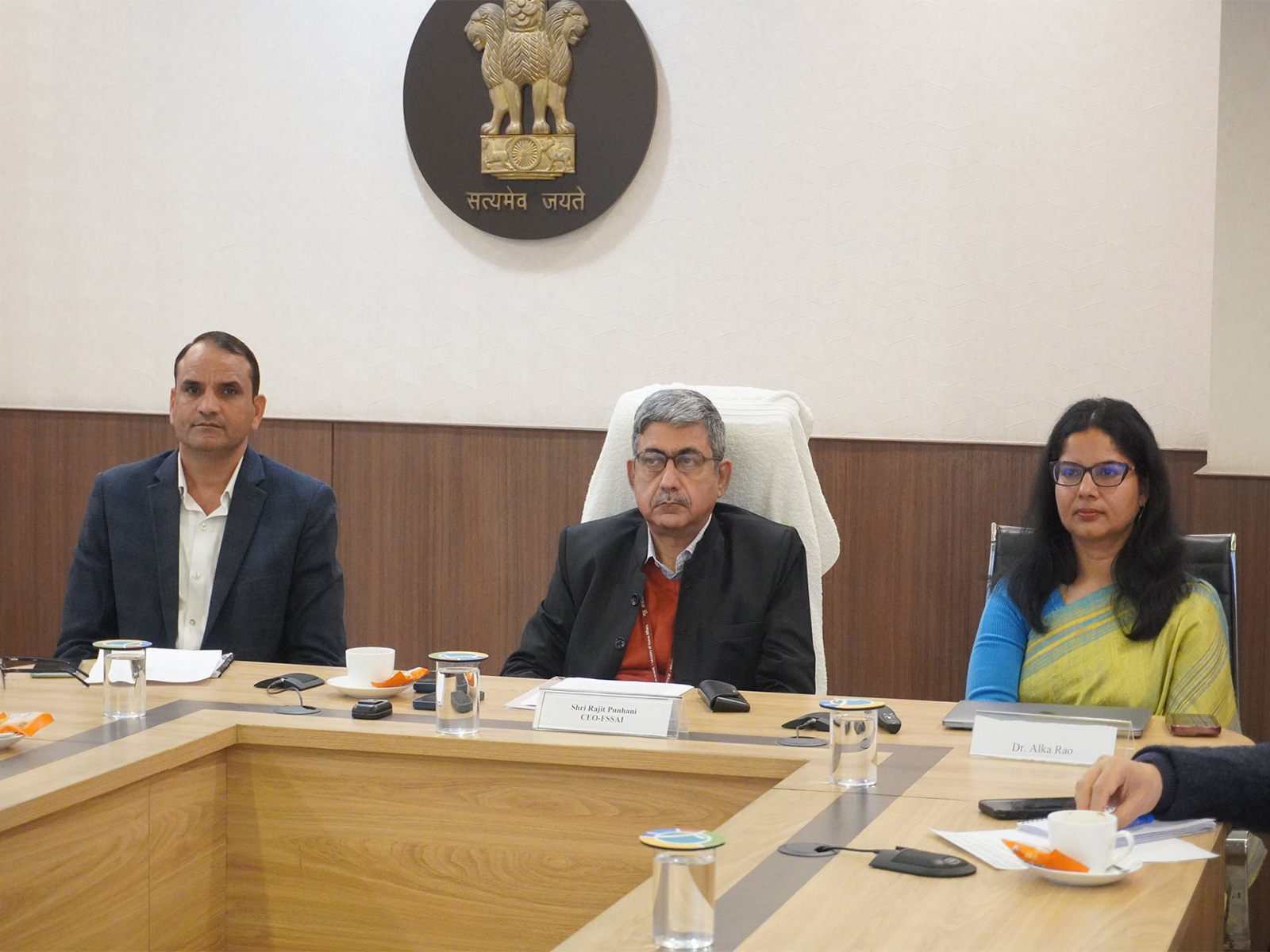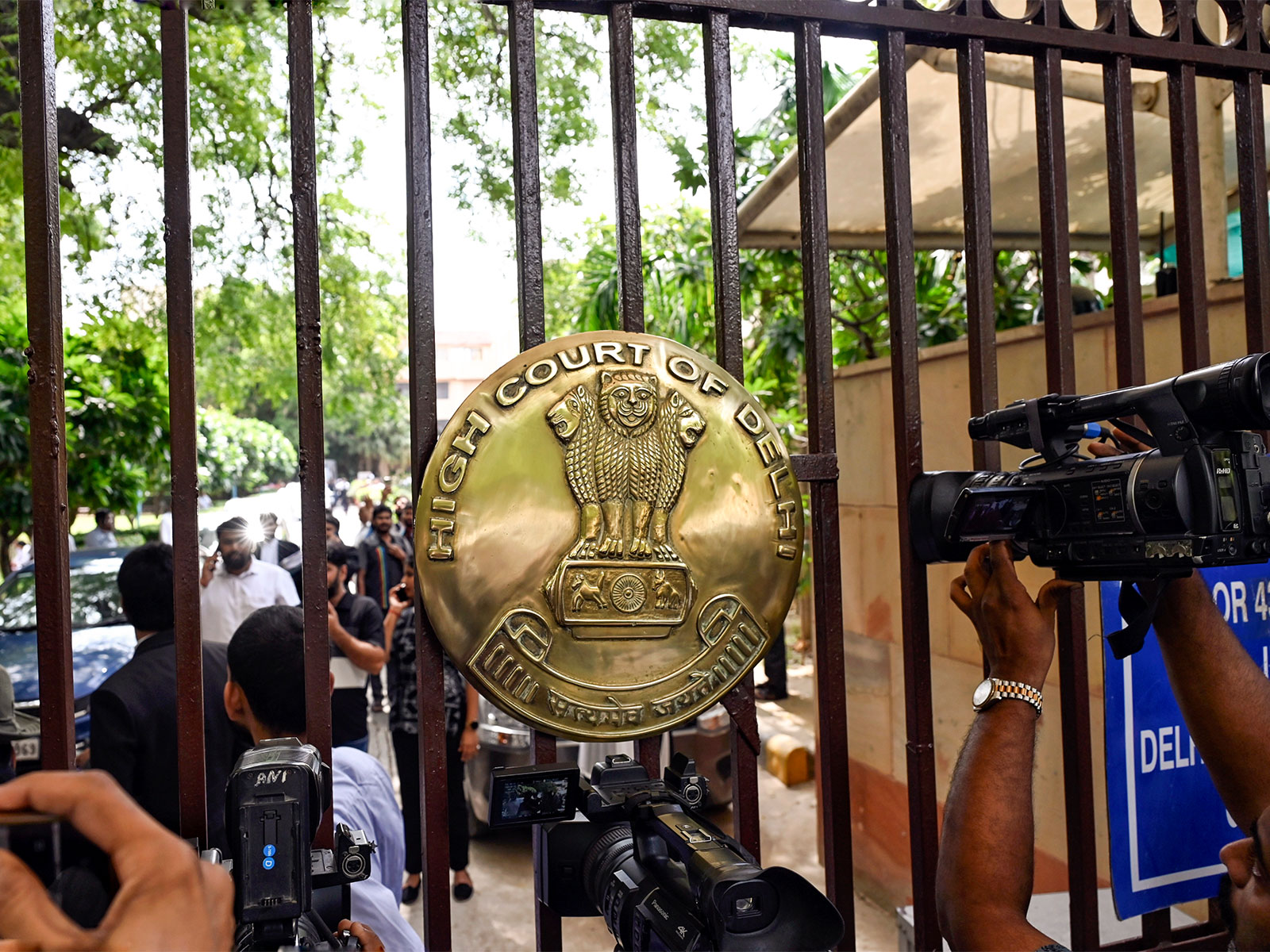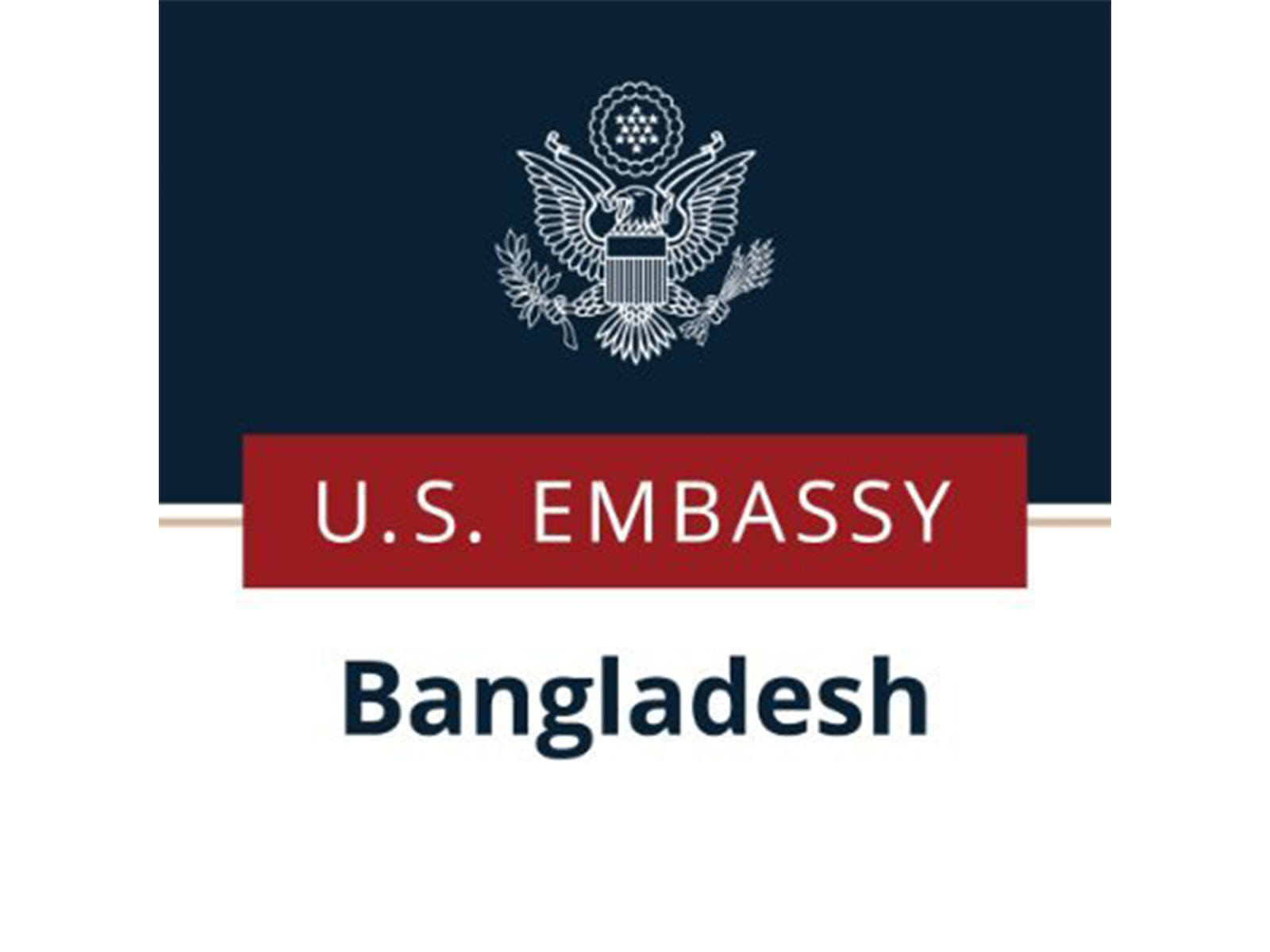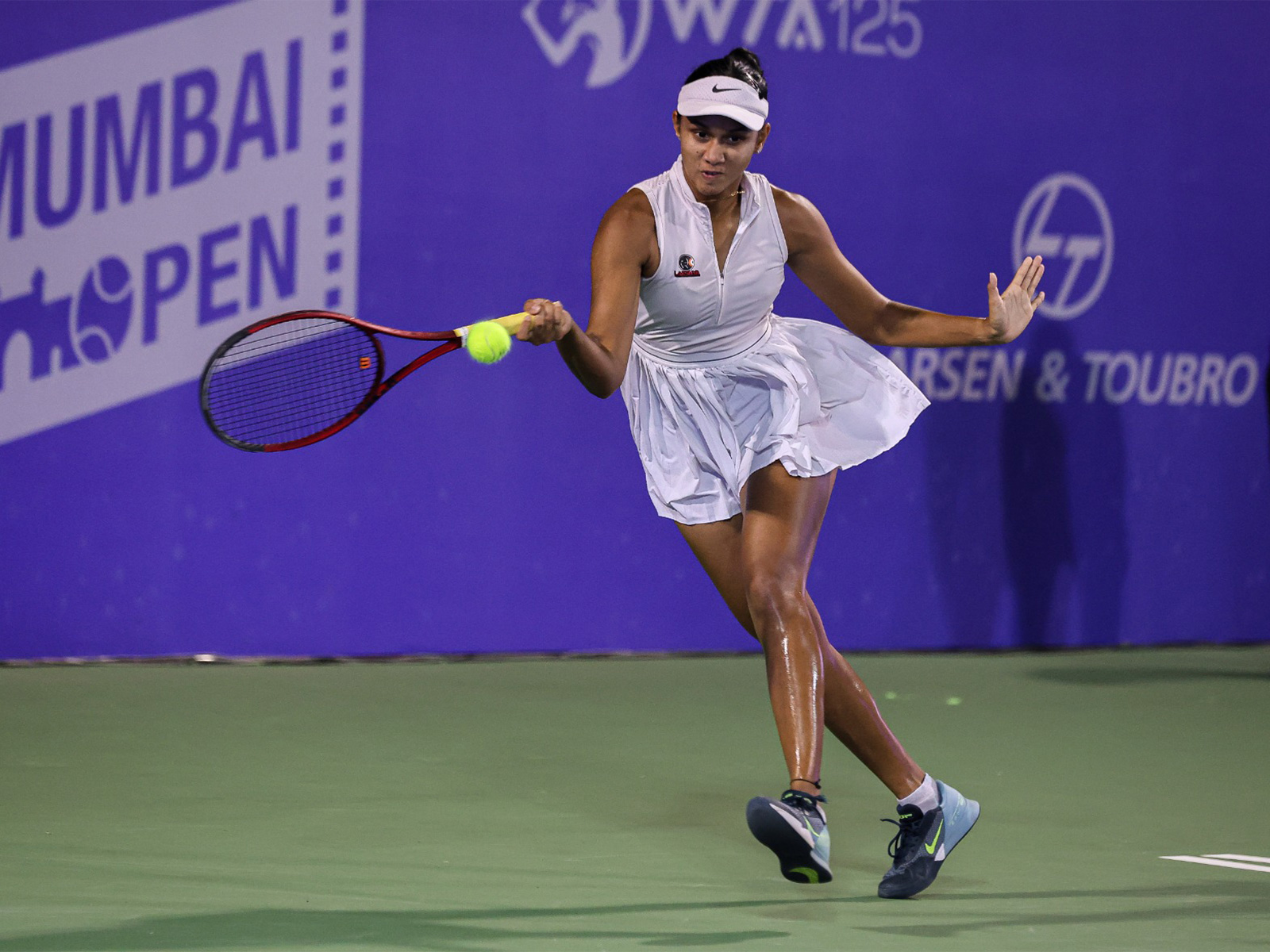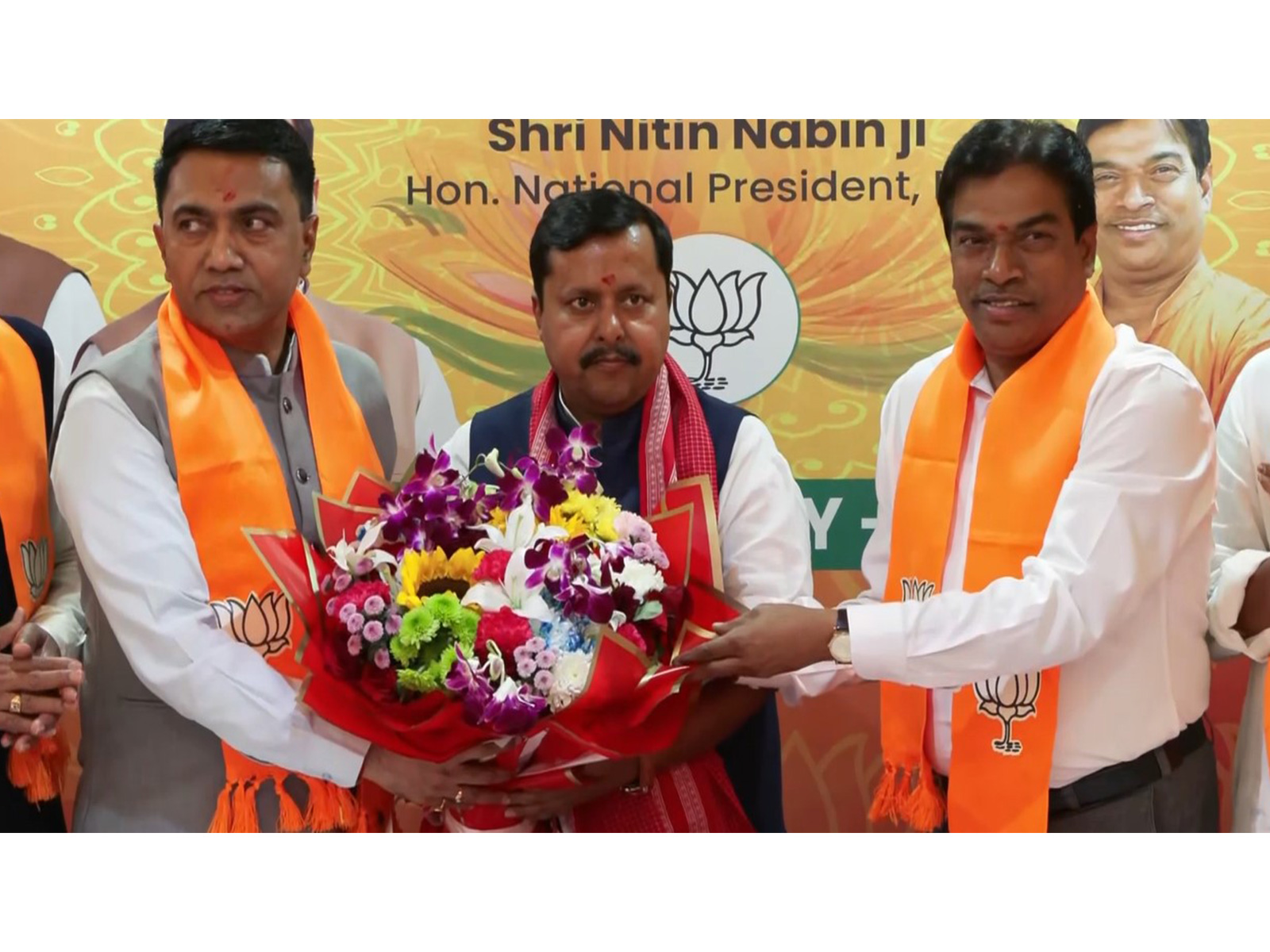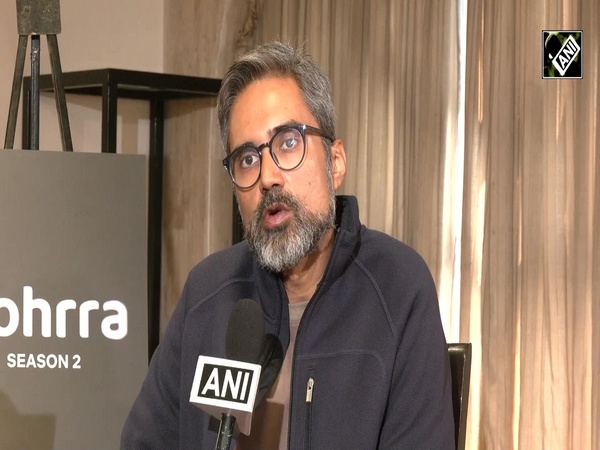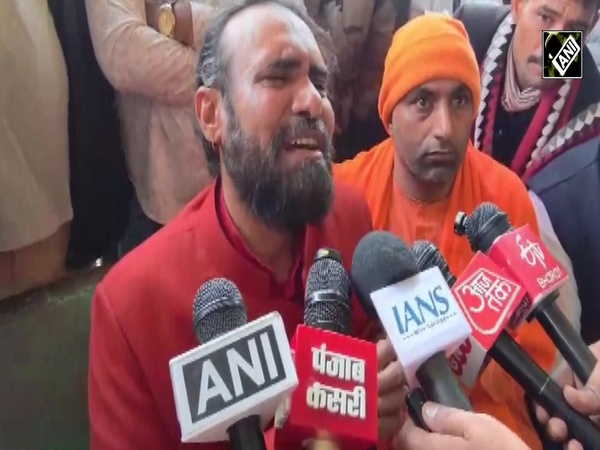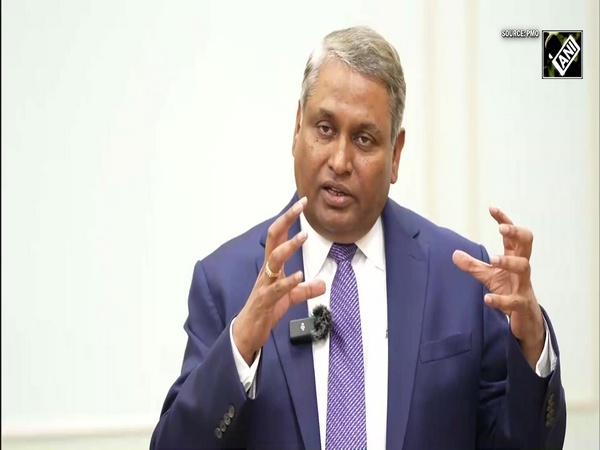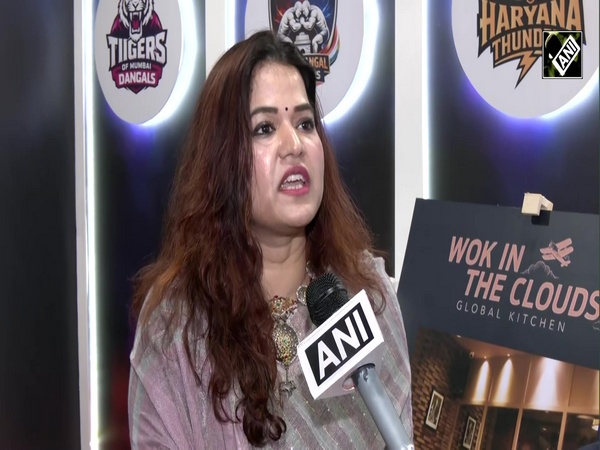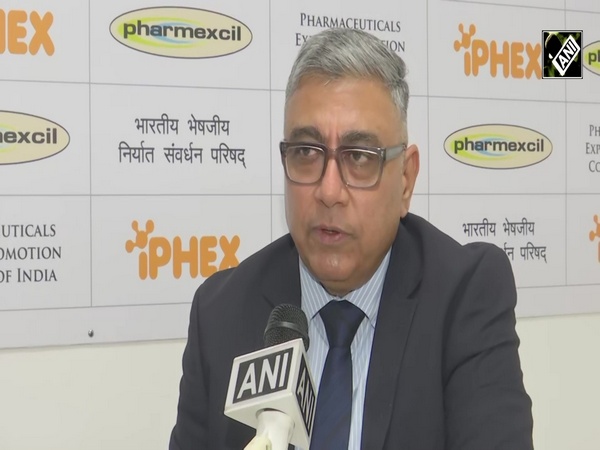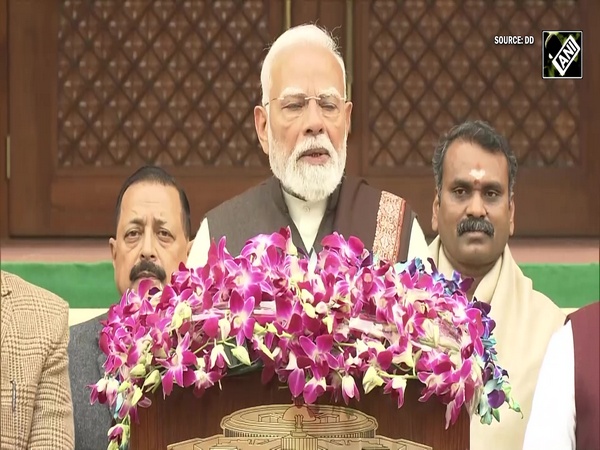Fintech Body flags UPI dominance by American Companies, seeks measures for fair competition
Oct 31, 2025
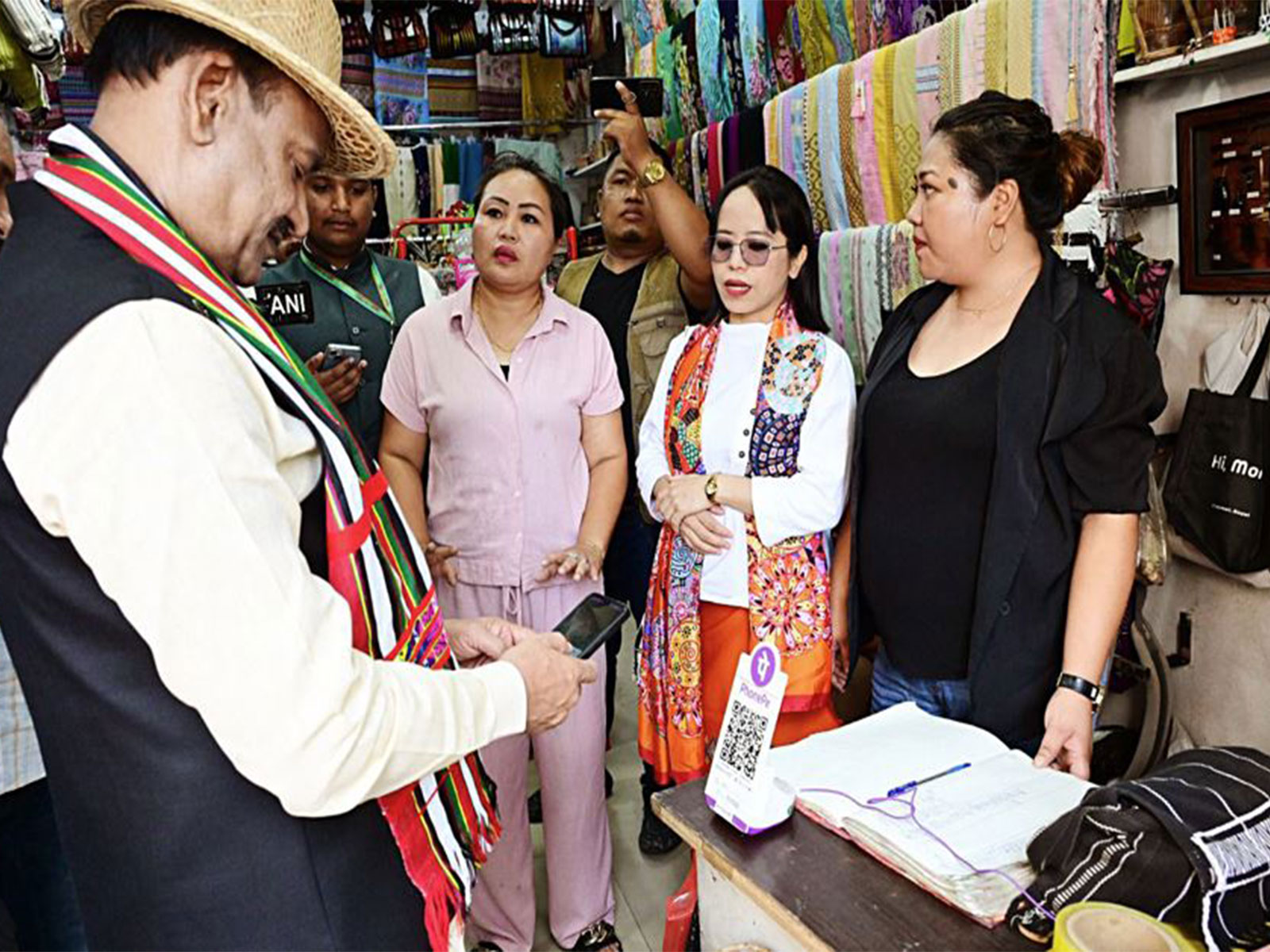
New Delhi [India], October 31 : Industry body India Fintech Foundation (IFF) has written to the Finance Ministry warning that more than 80% of Unified Payments Interface (UPI) transaction volumes are currently handled by just two third-party app providers (TPAPs). The group has urged policy intervention to prevent systemic concentration and ensure fair competition within India's most critical digital payments channel.
In its letter, IFF said the current structure poses "systemic concentration risks" that could stifle innovation and competition over time. It called on the government to take corrective steps to level the playing field for smaller players and sustain diversity within the ecosystem.
IFF has proposed a 10% cap on UPI incentive payouts for banks supporting any single TPAP, thereby encouraging them to partner with multiple providers instead of depending disproportionately on dominant apps. The body has also recommended restructuring UPI and RuPay incentive schemes to better support emerging fintechs and new market entrants.
Highlighting the broader implications, IFF stressed the need for a strategic and long-term view of India's digital payments infrastructure. UPI, it said, has become a national digital asset that must remain resilient, competitive, and inclusive. Concentration of market power, the group warned, runs contrary to UPI's founding principles of openness, interoperability, and shared innovation.
The IFF's recommendations come amid growing calls to broaden participation within the UPI ecosystem. While a few players currently dominate transaction volumes, major TPAPs such as Paytm, Amazon Pay, and others continue to anchor innovation, drive merchant adoption, and expand use cases across peer-to-peer payments, QR-based commerce, and credit on UPI.
The National Payments Corporation of India (NPCI) had earlier announced a 30% market share cap for TPAPs in 2020 to prevent excessive dominance, but its implementation has been deferred until December 2026. Industry observers note that this delay has allowed the duopoly to deepen, heightening the need for regulatory recalibration. IFF's intervention, they say, adds fresh pressure on policymakers to act before market concentration becomes entrenched.
If adopted, the IFF's proposed measures could help smaller fintechs gain a stronger foothold, fostering healthy competition, innovation, and systemic resilience in India's booming digital payments landscape. As UPI continues to set global benchmarks in scale and adoption, ensuring equitable market access will be key to sustaining its next phase of growth.

